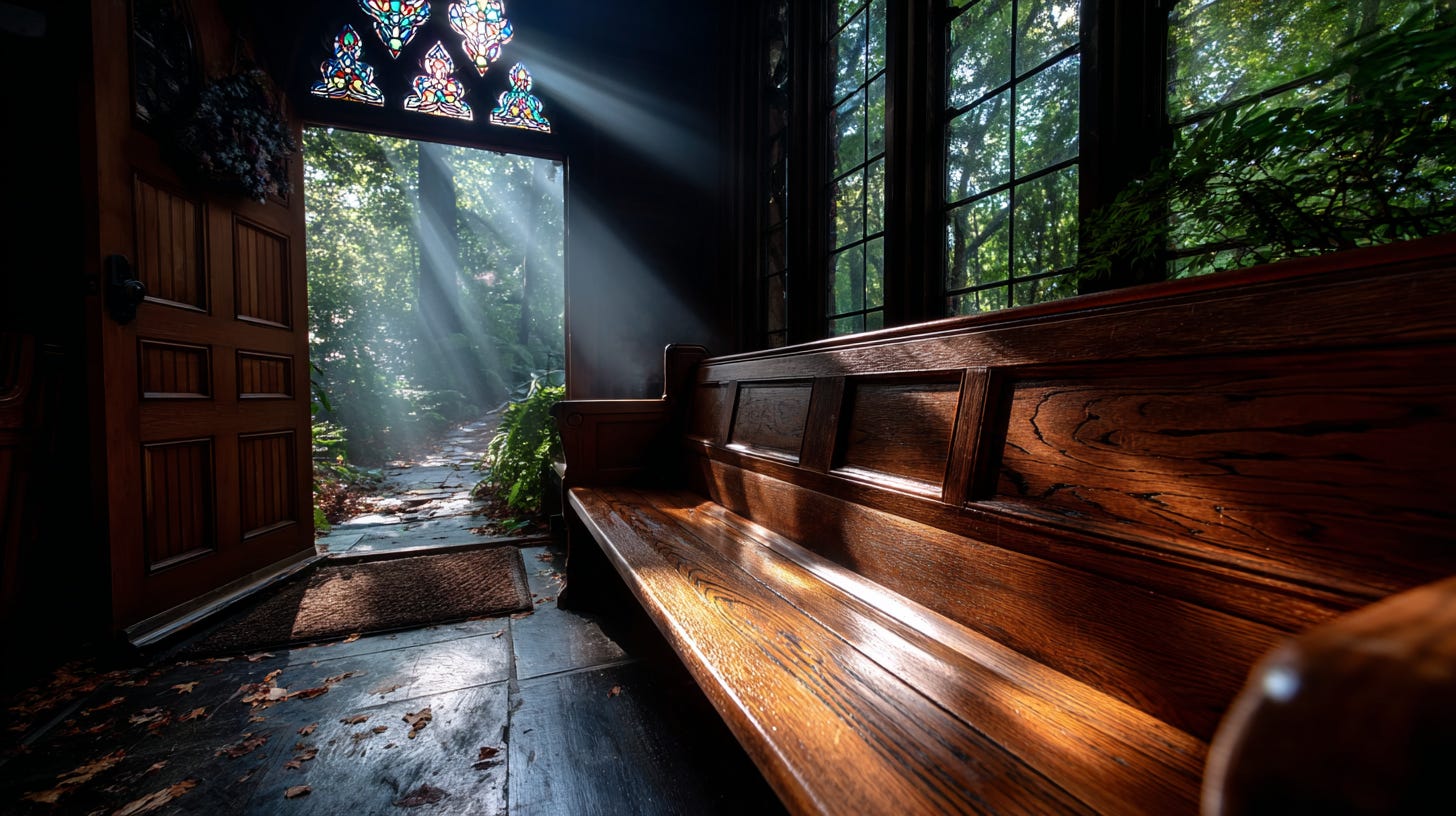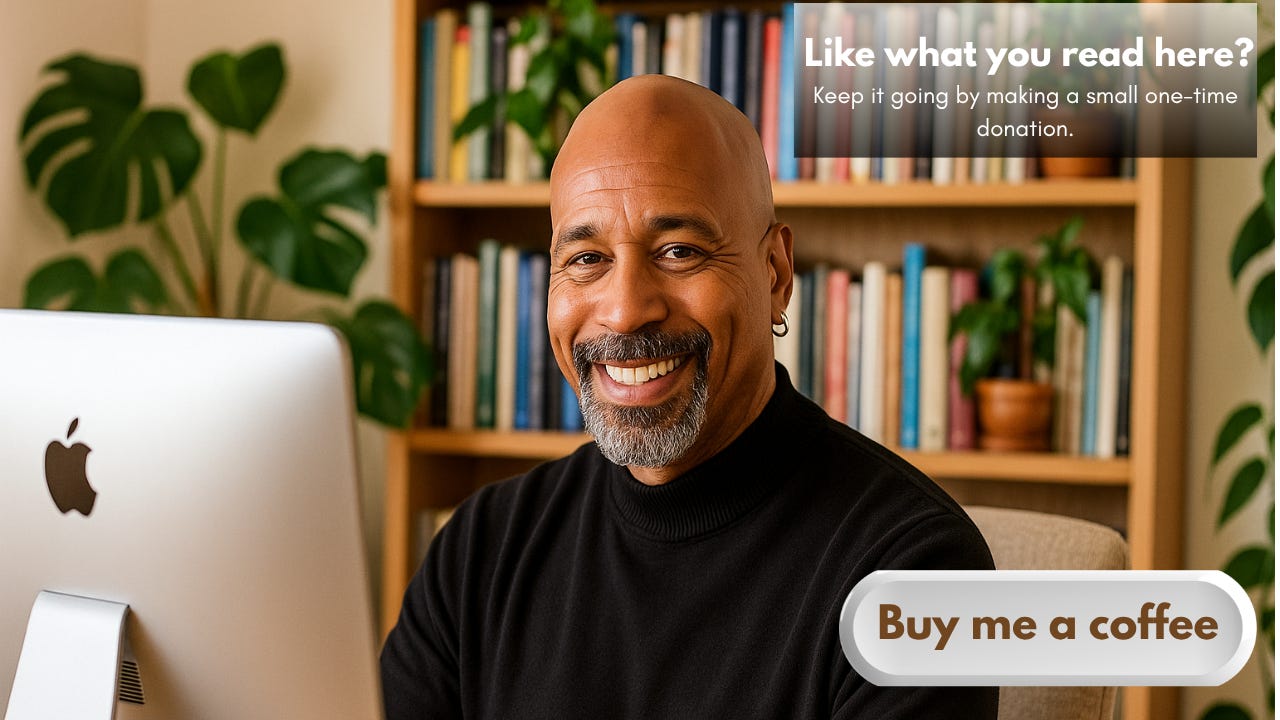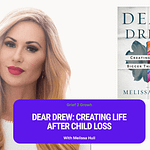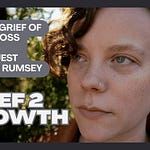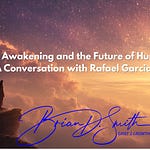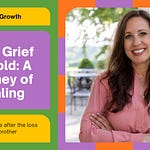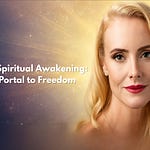The week I left church for good, no one noticed.
There was no call, no card, no awkward conversation. Just silence. And oddly, I wasn’t hurt. I had already begun to find community elsewhere, places where I was truly seen. But not everyone has that. And that’s a problem.
When my recent article about why I no longer identify as a Christian started making the rounds, I received dozens of messages. What surprised me is that many were not to debate doctrine or theology. They were about something much deeper: the ache of disconnection.
Many people who have left the church tell me the same thing. They don't miss the sermons or the singing. They don’t miss the dogma. What they miss… is the community.
Church Wasn’t Just Church
For generations, church wasn’t just a spiritual center—it was a social hub. You saw the same faces each week. You watched each other’s kids grow up. You brought casseroles when someone was sick. You sat shoulder to shoulder through life’s highs and lows. Neighbors knew your name and your business, and church offered a rhythm, a place to be seen and to belong.
Now, for many of us, neighbors are strangers. We’re working remotely. Church is one of the few remaining places of community.
But in recent years, even that has changed. The rise of the megachurch brought a different kind of experience. I remember the last one my wife and I attended. We’d walk into a dark auditorium, lights down like a movie theater. The music was powerful. The message was polished. But the faces around us? Mostly strangers. You could attend for weeks—months—and never have a real conversation unless you went out of your way to join a small group or volunteer. The pastors encouraged people to get involved. But that required effort most didn’t give. Most people came and went, never really getting to know anyone in the church.
We did get involved. We led the premarital ministry for years. We found a sense of community with the other couples who volunteered. But we had to work for it.
When I finally stepped away from church for good, I realized something surprising.
I didn’t miss it.
Finding Community in Unlikely Places
Because I had already built new forms of connection. Through Helping Parents Heal, I’ve met hundreds of people who understand the deep ache of child loss. We talk, we grieve, we grow together. Some I’ve never met in person. Some I only see at our conferences every other year. But the bond is real.
Zoom is a wonderful thing. I meet with people “face to face”, hear their voices, see their expressions, and I can do this with people all around the globe. This week, I had two meetings with people in Australia. Client work, speaking engagements, virtual seminars, I’m connected with people I share deep spiritual connnections with several times a week.
IANDS (the International Association for Near-Death Studies) is another one of my communities. I’ve addressed IANDS groups all over, remotely. I’ve hosted meetings. And I’ve made presentations, one in person.
Like so many of you, I’ve found comfort in online friendships—through Facebook groups, Zoom gatherings, and meaningful work that brings kindred spirits into my orbit.
IRL (in real life), I’ve been blessed to live in the same neighborhood for nearly 30 years. Six couples—neighbors turned lifelong friends—we call ourselves framily— a combination of friends and family. We’ve raised kids, celebrated milestones, and weathered storms. We gather for dinners. We’ve vacationed together: the beach, Napa, Sonoma—and this fall, Europe. One of the men in the group passed away in April. I spoke at his funeral. That’s how close we are.
I don’t need church to feel like I belong.
But I know not everyone is so lucky.
The Loneliness Epidemic
With remote work on the rise, fewer people attending church, and neighborhoods that don’t always feel neighborly, many are left isolated. We’re social creatures in a world that increasingly disconnects us. Social media, for the most part, is a poor substitute for face-to-face interactions. I like Facebook because I have formed deep friendships with people on Facebook. I don’t see that on Instagram, Twitter, TikTok, or any of the other platforms.
The disconnection many feel has real consequences. Studies show chronic loneliness has the same health impact as smoking 15 cigarettes a day. People are starving, not for dogma or sermons. They are starving for fellowship.
And that brings me to something fascinating: the rise of the Atheist Church Movement.
Yep. You read that right.
In recent years, groups like Sunday Assembly have popped up all over the world—designed for atheists, agnostics, and spiritual-but-not-religious folks who want the structure of church without the doctrine. They sing songs, listen to uplifting talks, organize service projects, and gather in small groups to share their experiences. Sound familiar?
They’ve realized what so many of us have: belief is optional, but belonging is essential.
Where Do We Go From Here?
Whether you’re a believer, a doubter, or something in-between, one truth remains:
We need each other.
We need spaces where we can be seen and heard. We need rituals and rhythms. We need shared purpose and proximity. If we’re no longer getting that through church, we have to be intentional about building it elsewhere.
For some, it’s spiritual communities like Helping Parents Heal or IANDS. For others, it’s game night with neighbors. A book club. A hiking group. Even a good meme exchange in the group chat can feel like communion.
But we have to stop pretending that we don’t need community—because we do.
We’re wired for it.
Final Thoughts
Leaving the church doesn’t mean leaving behind connection, service, or shared meaning. It might free you to build the kind of community your soul truly craves, one grounded in authenticity, empathy, and shared humanity.
If you’ve lost your spiritual home, I invite you to create a new one. It doesn’t have to look like pews and stained glass. It can look like six couples on a deck having drinks and listening to music. It can be faces on a Zoom screen, like hands held across distance and time.
Community is not gone.
It’s evolving.
We have to evolve with it.
I know there are a lot of newsletters you can support, and paid subscription fatigue is real. If you’d like to make a one-time donation instead of subscribing, it would be greatly appreciated. Click the image below to leave a tip.




